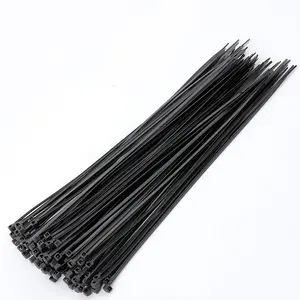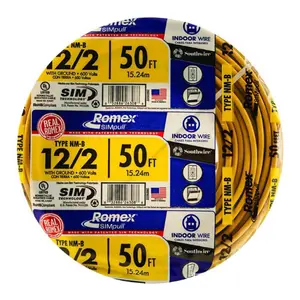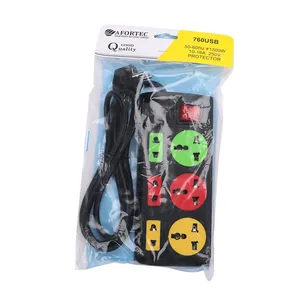Popular in your industry




















































Related Searches:








































































































Top categories
About cable tie raw material
Understanding Cable Tie Raw Material
Selecting the right cable tie raw material is crucial for ensuring durability and functionality in various applications. This material is the backbone of cable ties, which are essential for managing and securing wires and cables. The choice of material impacts the tie's strength, flexibility, and resistance to environmental factors.
Material Varieties and Their Properties
The most common materials used for cable ties include nylon, stainless steel, and Tefzel. Nylon is a cost-effective option, offering sufficient strength for light-duty tasks and some resistance to environmental factors. Stainless steel cable ties boast superior strength, making them suitable for securing heavy loads and providing excellent durability. Tefzel, known for its robustness, is designed to withstand harsh environmental conditions, including exposure to chemicals and extreme temperatures.
Design and Construction of Cable Ties
Cable ties come in various designs, with one-piece and two-piece constructions being the most prevalent. One-piece ties are commonly used in residential and office settings, providing a simple and efficient solution for cable management. Two-piece ties, with their advanced locking mechanisms, offer enhanced strength and are preferred in industrial environments where they must endure rigorous conditions without failing.
Choosing the Appropriate Length and Color
The length of the cable tie raw material is a critical factor to consider. It is essential to assess the diameter of the cable bundle to ensure a proper fit. Opting for longer lengths offers versatility, as excess material can be trimmed post-application. The color of the cable tie can serve both aesthetic and functional purposes. While some prefer the visual appeal of colorful ties, different hues can also be utilized to categorize and identify various cable bundles efficiently.
Assessing Tensile Strength
The tensile strength of a cable tie is indicative of the amount of weight it can secure without breaking. It is important to select a cable tie with adequate strength to meet the demands of its intended use, ensuring longevity and reliability.
Exploring Cable Tie Applications
Cable ties made from quality raw materials find applications across diverse industries, from simple cable management solutions in homes and offices to complex bundling in automotive, aerospace, and marine environments. The versatility of these materials allows for a wide range of uses, making them indispensable in both everyday and specialized tasks.
Incorporating cable tie raw material into your inventory ensures that you have access to a foundational component for creating reliable and effective cable management solutions. For a comprehensive selection of materials, Alibaba.com serves as a gateway to a multitude of suppliers, catering to various requirements and specifications.

























































































